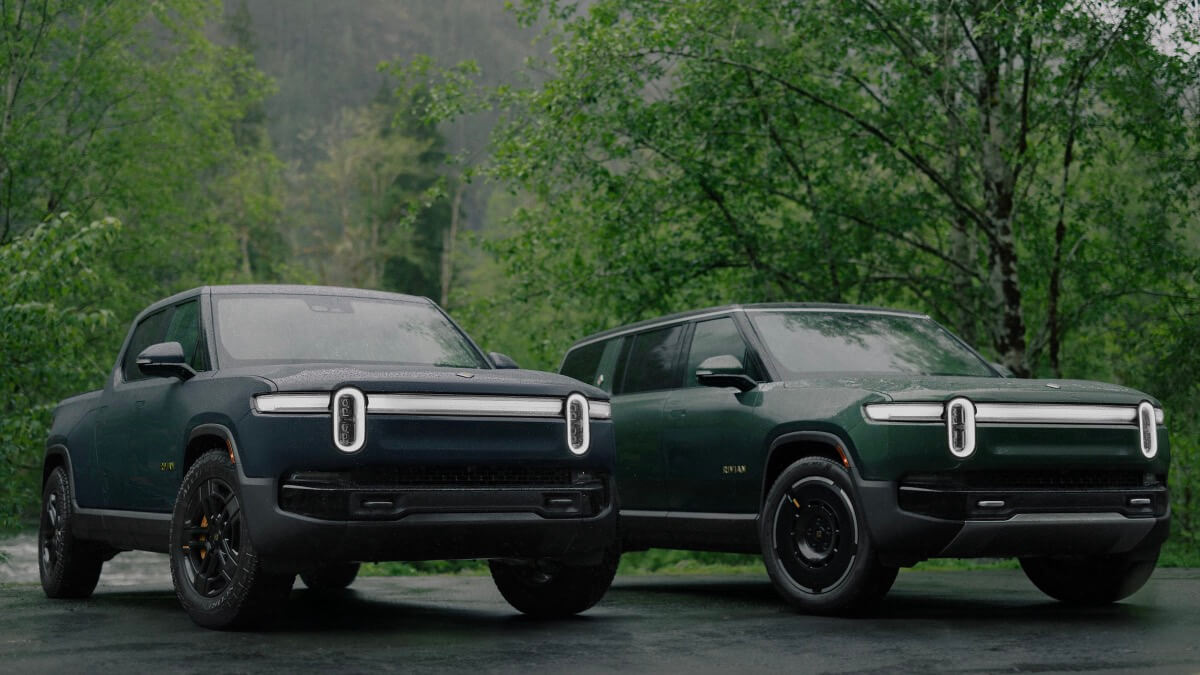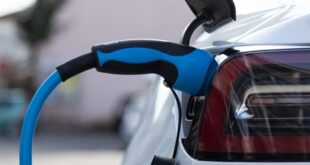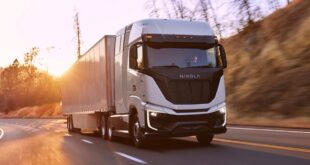Volkswagen and Rivian are joining forces in a $5 billion deal that promises to bring cutting-edge EV technology to the masses.
Volkswagen is making headlines with its announcement to invest up to $5 billion in U.S. electric vehicle (EV) maker Rivian. This major investment aims to give VW access to Rivian’s advanced software platform, marking a significant step for both companies in the competitive EV market.
The initial investment begins with a $1 billion convertible note, which will convert into Rivian stock by the end of the year. An additional $1 billion will be paid to establish a joint venture between the two companies, focusing on developing next-generation EV architecture and software. Volkswagen plans to invest another $2 billion in Rivian stock over the next two years, contingent on Rivian meeting certain milestones, and will also provide a $1 billion loan in 2026.
For Rivian, this influx of capital is a much-needed boost. The company has faced financial challenges, including losses of nearly $40,000 for every vehicle it delivers. With VW’s support, Rivian aims to develop its less expensive and smaller R2 SUVs, set to roll out in early 2026, and its planned R3 crossovers. This partnership will also help Rivian reduce operating costs by leveraging VW’s volumes of supplies, including chips and components.
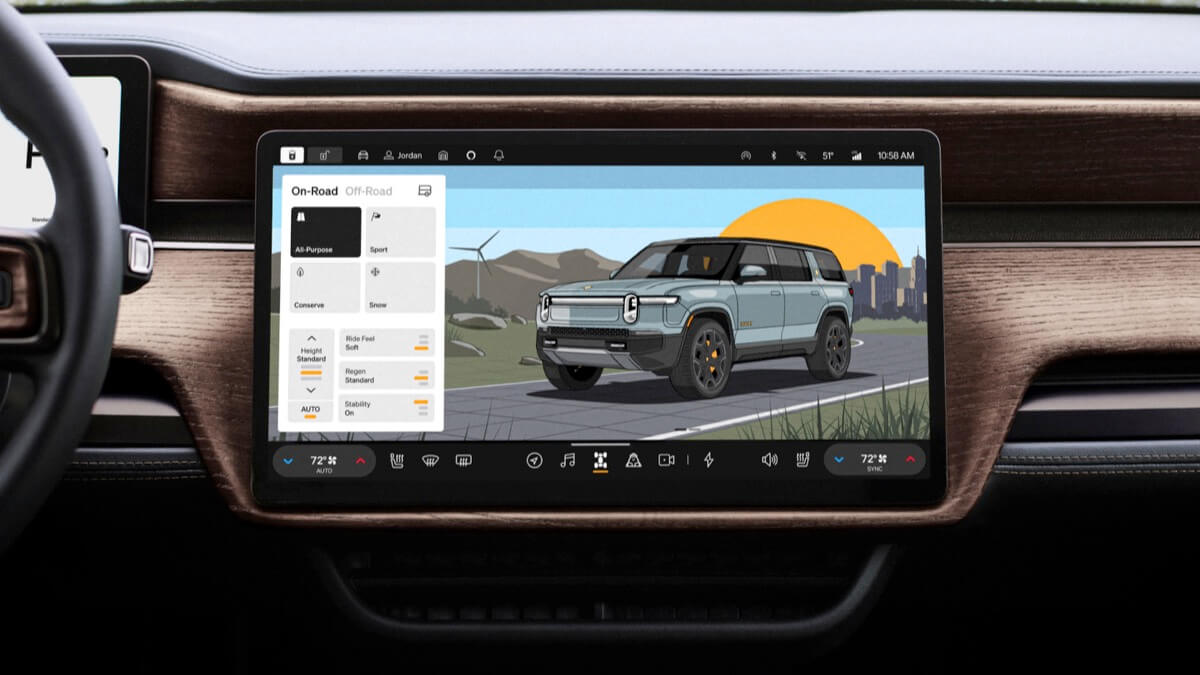
Rivian’s CEO RJ Scaringe expressed excitement about the partnership, highlighting the benefits of bringing Rivian’s technology to a broader market through Volkswagen’s global reach. The deal is expected to secure Rivian’s capital needs for substantial growth and help the company transition to cash flow positive.
On the other hand, Volkswagen stands to gain significantly from this partnership. The German automaker has struggled with software development, particularly through its software division, Cariad. VW’s previous CEO, Herbert Diess, stepped down partly due to software issues, and current CEO Oliver Blume has been vocal about Cariad’s challenges. By collaborating with Rivian, VW hopes to overcome these hurdles and enhance its software capabilities, which have been a major pain point for the company.
The investment also aligns with VW’s broader strategy to ramp up its EV production. The company has plans to launch 25 EV models in North America by 2030. However, VW’s software issues have delayed the release of important models like the Porsche e-Macan and Audi Q6 e-tron. By tapping into Rivian’s expertise, VW aims to accelerate its EV development and improve its competitive edge in the global market.
Rivian’s stock surged by 50% following the announcement, reflecting investor optimism about the partnership’s potential. The investment is seen as a vote of confidence in Rivian’s technology and future prospects. It’s a significant boost for Rivian, which has also faced challenges with previous partnerships, such as those with Ford and Mercedes.
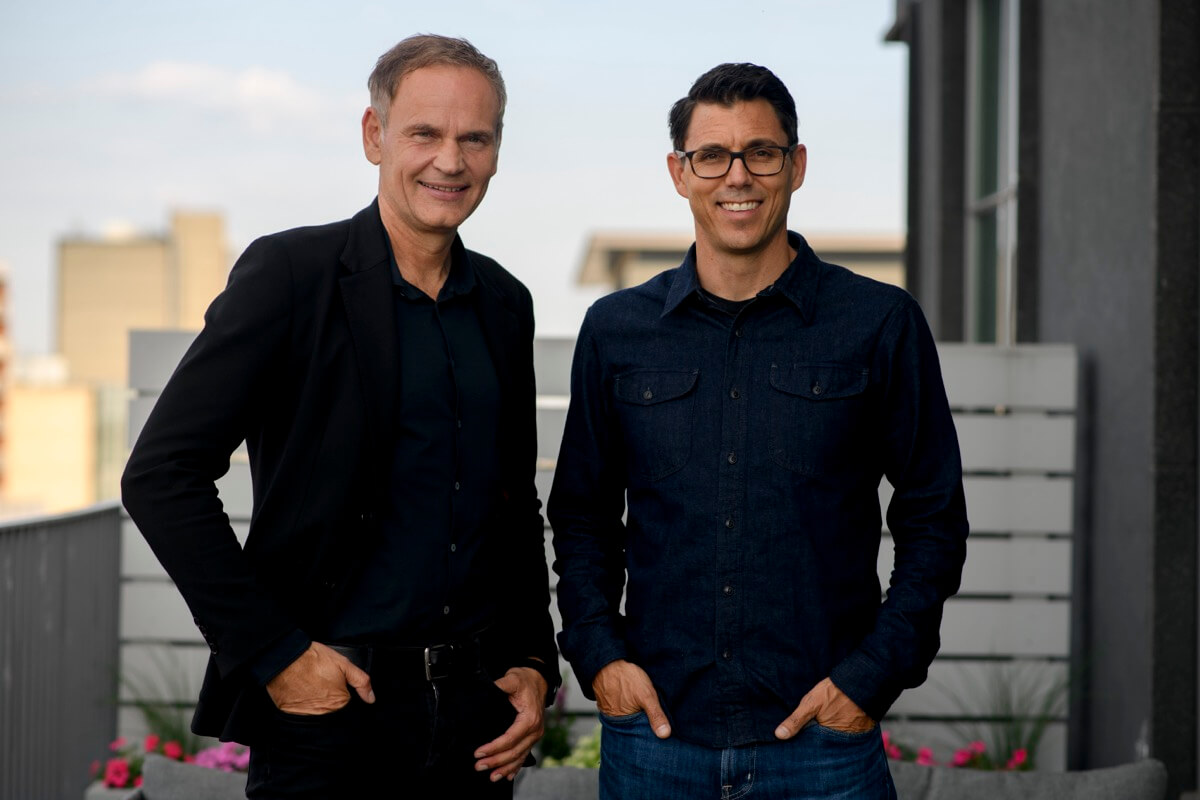
While Rivian has been navigating financial difficulties and a competitive EV market, VW’s backing provides a solid foundation for the company’s future growth. The partnership will help Rivian continue its mission to transition the world away from fossil fuels through innovative products and services.
For Volkswagen, this move signals a commitment to improving its software capabilities and strengthening its position in the EV market. The collaboration with Rivian is a strategic step towards overcoming past challenges and driving forward in the rapidly evolving automotive industry.
Overall, this partnership between Volkswagen and Rivian represents a significant development in the EV market, highlighting the importance of collaboration and innovation in achieving success in the fast-paced, technology-driven landscape of electric vehicles.


